I realize that I'm black, but I like to be viewed as a person, and this is everybody's wish
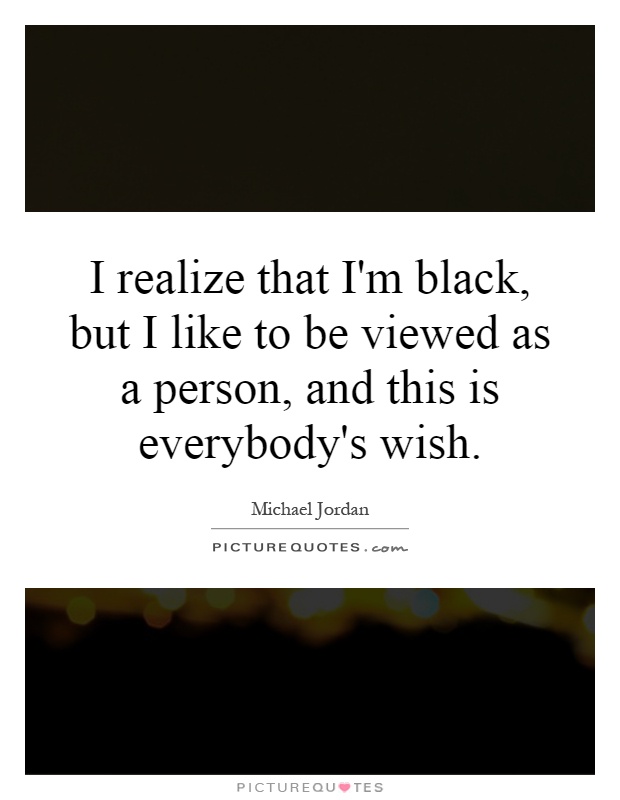
I realize that I'm black, but I like to be viewed as a person, and this is everybody's wish
Michael Jordan, often regarded as the greatest basketball player of all time, is a figure who transcends race and has become a global icon. However, as a black man in a predominantly white industry, Jordan has had to navigate the complexities of race and identity throughout his career. In a 1992 interview with Playboy magazine, Jordan famously stated, “I realize that I'm black, but I like to be viewed as a person, and this is everybody's wish.”This quote encapsulates Jordan's desire to be seen as more than just a black athlete, but as a human being with his own unique experiences, talents, and aspirations. Despite his immense success and fame, Jordan has faced discrimination and prejudice throughout his life, both on and off the basketball court. As a black man in a predominantly white sport, he has had to confront stereotypes and misconceptions about his race, often being reduced to a mere caricature or token black athlete.
Jordan's statement reflects a universal desire for equality and respect, regardless of race or background. He wants to be judged not by the color of his skin, but by the content of his character and the skills he brings to the game. This sentiment is echoed by many black athletes and public figures who have had to navigate the complexities of race and identity in a society that often judges them based on stereotypes and prejudices.
Despite the challenges he has faced, Jordan has used his platform to advocate for social justice and equality. He has spoken out against racism and discrimination, and has used his influence to support causes that promote diversity and inclusion. By embracing his identity as a black man while also asserting his humanity and individuality, Jordan has become a powerful symbol of resilience and empowerment for people of all backgrounds.
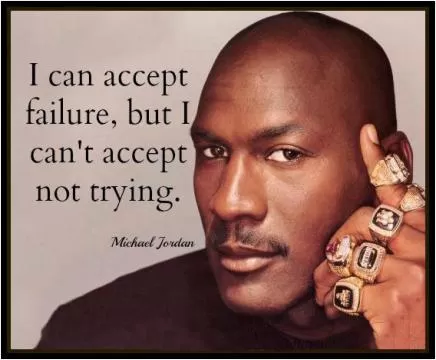
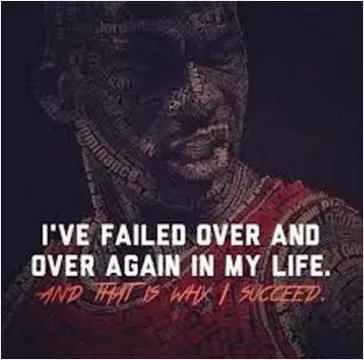

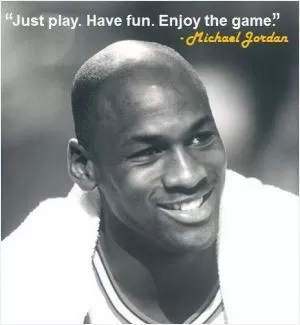
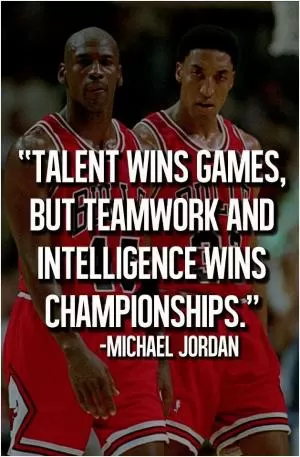


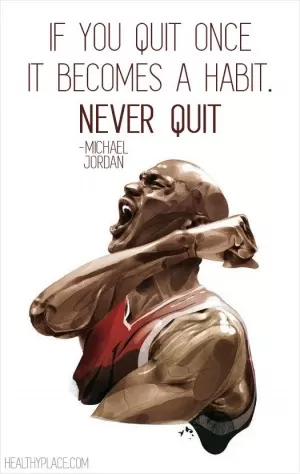
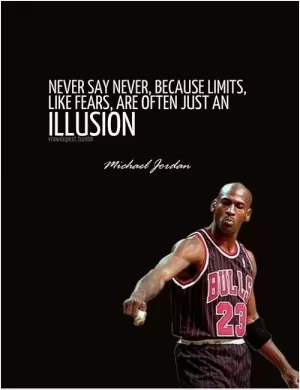
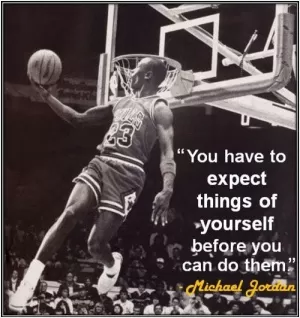

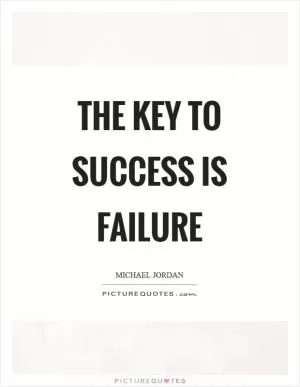
 Friendship Quotes
Friendship Quotes Love Quotes
Love Quotes Life Quotes
Life Quotes Funny Quotes
Funny Quotes Motivational Quotes
Motivational Quotes Inspirational Quotes
Inspirational Quotes